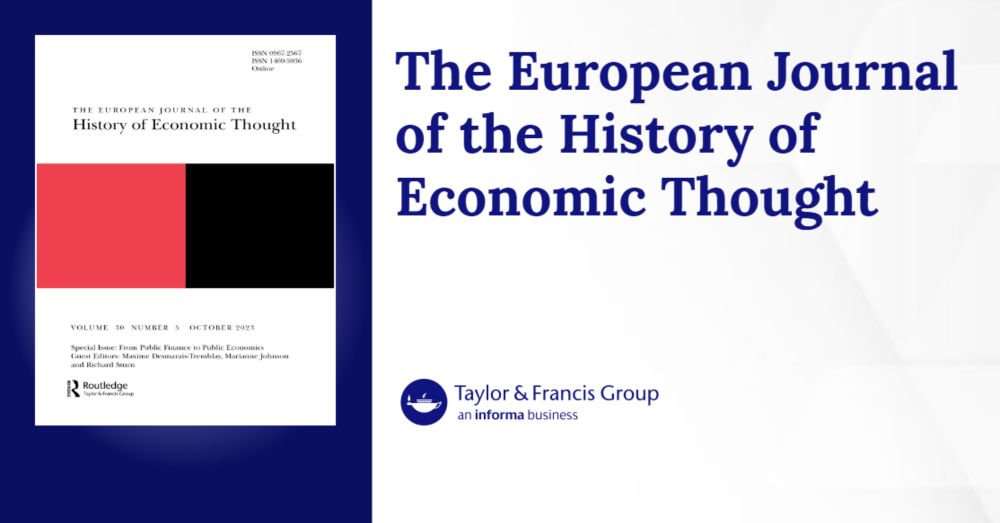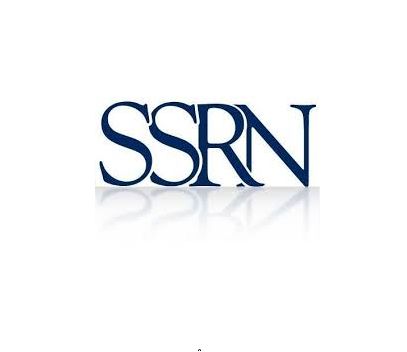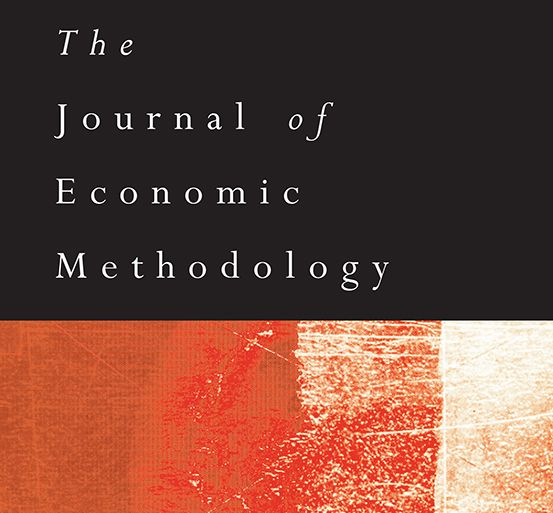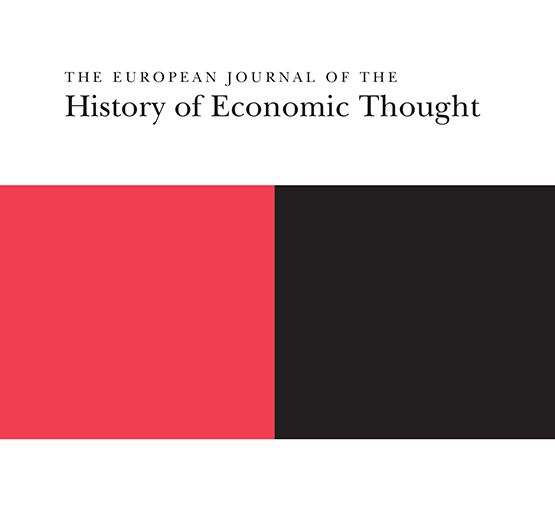Aurélien Goutsmedt
@aurelien-goutsmedt.com
2.6K followers
2.5K following
120 posts
Post-doc @UC Louvain
https://aurelien-goutsmedt.com
History macro, inflation, econ policy & energy since the 70s
#Political_Economy #Central_Banks
#Rstats #nlp #networks #bibliometrics
Managing editor journals.openedition.org/oeconomia
Posts
Media
Videos
Starter Packs
Pinned
Reposted by Aurélien Goutsmedt
Reposted by Aurélien Goutsmedt
Reposted by Aurélien Goutsmedt
SHoET
@shoet.bsky.social
· 2d
Reposted by Aurélien Goutsmedt
Reposted by Aurélien Goutsmedt
Reposted by Aurélien Goutsmedt
Reposted by Aurélien Goutsmedt
Reposted by Aurélien Goutsmedt
Reposted by Aurélien Goutsmedt
Reposted by Aurélien Goutsmedt
Reposted by Aurélien Goutsmedt
Reposted by Aurélien Goutsmedt
Reposted by Aurélien Goutsmedt
Reposted by Aurélien Goutsmedt
Reposted by Aurélien Goutsmedt
Reposted by Aurélien Goutsmedt
Reposted by Aurélien Goutsmedt
Reposted by Aurélien Goutsmedt












![The Political Economy working group is pleased to invite you to a workshop on Friday, 30 January, 2026, at the Université Saint-Louis - Bruxelles. Founded during the ABSP Congress in February 2024, this group aims to contribute to the advancement and growth of the field of political economy in Belgium.
The workshop will be divided into two parts:
The morning session is open to all PhD students wishing to present the progress of their research, whether in the form of a thesis project, an article or a chapter. Each PhD student will have 40 to 50 minutes for discussion with attending researchers.
The afternoon session is open to all researchers interested in presenting a publication or work-in progress related to the various key themes driving our Political Economy Working Group: European governance, financial regulation, central banks policies and communication, the political economy of the green transition, the role of States in a globalized and financialized world, among others.
Contributions are welcome in either French or English. Presentations should generally be delivered in English.
Next steps:
To propose a presentation for the morning or afternoon sessions, send a title and abstract of no more than 400 words to aurelien.goutsmedt[at]uclouvain.be and zsuzsanna.szeredi[at]uclouvain.be by December 1, 2025. If you wish to present in the PhD morning session, please indicate this clearly in your submission.
Notification of acceptance will be sent by December 19, 2025.
Manuscripts (working papers, chapters or drafts) will be requested by January 16, 2025, in order to give discussants and other participants sufficient time to prepare. We recommend manuscripts of between 5,000 to 10,000 words.](https://cdn.bsky.app/img/feed_thumbnail/plain/did:plc:l4mvwchewa4b2evkd36m2avr/bafkreibdgbzdt4jeevbbs2v76wias3glj3nps2illii7rqbxttcwrmklhu@jpeg)



